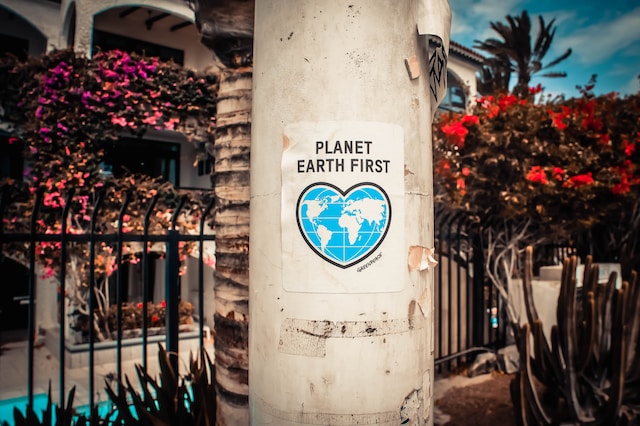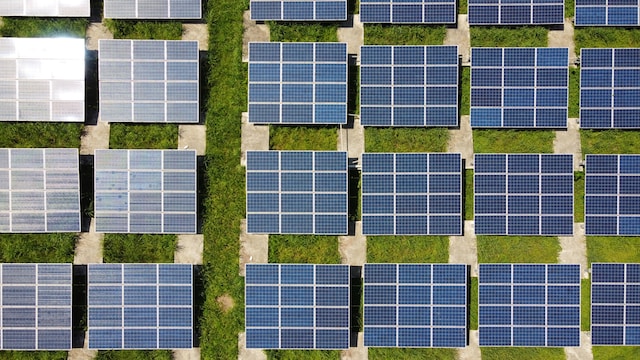In our rapidly changing world, the term “sustainability” has gained significant prominence.
From environmental concerns to economic considerations, sustainability issues encompass a wide array of challenges that affect not only the present but also the future.
In this comprehensive article, we delve deep into the world of sustainability issues, shedding light on their implications and the steps we can take to address them.
Read: Sustainability quotes

What are the sustainability issues?
Deforestation
Deforestation, driven by the demand for land and resources, poses a significant threat to our planet’s biodiversity and contributes to climate change.
While economic growth is vital, finding a balance between development and environmental preservation is crucial to ensure a sustainable future. One potential solution is reforestation efforts that help restore ecosystems and combat carbon emissions.
Water Scarcity
Water scarcity is a pressing concern in many regions worldwide. As populations grow and industries expand, the demand for water intensifies.
Sustainable water management practices, such as rainwater harvesting and efficient irrigation techniques, play a pivotal role in conserving this precious resource.
Renewable Energy
Transitioning from fossil fuels to renewable energy sources is a cornerstone of sustainability. Solar, wind, and hydroelectric power offer cleaner alternatives that reduce greenhouse gas emissions.
Embracing these technologies not only mitigates climate change but also drives innovation and economic growth.
Pollution and Waste Management
The excessive production of plastic and improper waste disposal have led to pollution of our oceans, soil, and air. Addressing this issue involves adopting a circular economy approach, where products are designed for durability and recyclability.
Additionally, raising awareness about proper waste management and encouraging recycling can significantly reduce environmental harm.
Climate Change
Climate change, driven by human activities like burning fossil fuels, has far-reaching consequences. Rising temperatures, extreme weather events, and sea-level rise threaten ecosystems and communities.
Mitigation strategies encompass reducing carbon emissions, transitioning to cleaner technologies, and promoting sustainable practices worldwide.
Biodiversity Loss
The loss of biodiversity disrupts ecosystems and weakens their resilience. Habitat destruction, pollution, and invasive species contribute to this crisis.
Conserving biodiversity involves creating protected areas, implementing stricter regulations, and supporting local communities in sustainable resource management.
Food Security
Balancing the growing global population’s food needs with sustainable agricultural practices is a complex challenge.
Organic farming, crop diversity, and minimizing food waste are essential for ensuring food security without depleting natural resources.
Urbanization and Sustainable Cities
Rapid urbanization presents opportunities and challenges for sustainability.
Designing eco-friendly cities with efficient transportation systems, green spaces, and renewable energy infrastructure can enhance residents’ quality of life while minimizing environmental impact.
Conclusion
Sustainability issues encompass a broad spectrum of challenges that require immediate attention and collective action.
As we navigate the complexities of our modern world, it’s essential to recognize the interconnectedness of environmental, economic, and social factors.
By adopting sustainable practices, supporting innovative solutions, and advocating for positive change, we can pave the way for a brighter and greener future.

